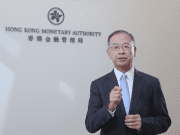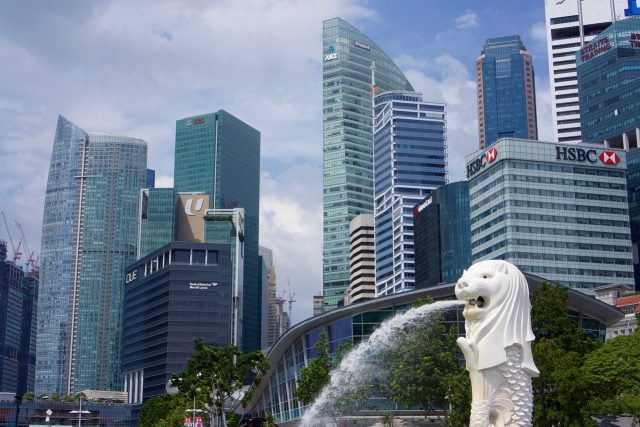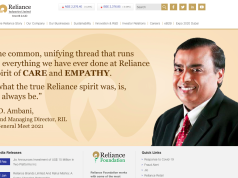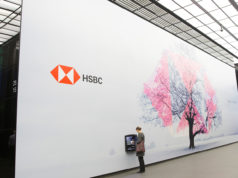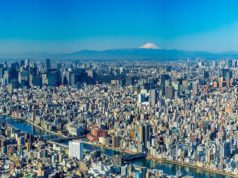Singapore Central Bank MAS Reply on 15% Tax rate and Impact on Singapore as a Financial Centre
8th July 2021 | Singapore
Singapore’s Central Bank Monetary Authority of Singapore (MAS) has responded in a government session on the impact of the minimum 15% global tax rate on Singapore as a financial centre. Chairman of Monetary Authority of Singapore (MAS) Tharman Shanmugaratnam highlighted a conducive tax environment in Singapore had supported the financial sector growth, and more importantly, is the robust regulatory regime, high quality infrastructure and a skilled workforce. He concluded by highlighting the continued growth of Singapore’s financial centre depends on how well Singapore connects global markets, support Asia’s development.
“ Singapore Central Bank MAS Reply on 15% Tax rate and Impact on Singapore as a Financial Centre “
Full Transcript
In a Singapore Parliament Sitting on 5th July 2021 by Member of Parliament Ms Mariam Jaafar, MP, Sembawang GRC:
To ask the Prime Minister what is the impact of the G7 agreement on a global minimum tax rate of 15% on Singapore’s status as a financial centre in general and, in particular, on emerging fields such as fintech and green finance.
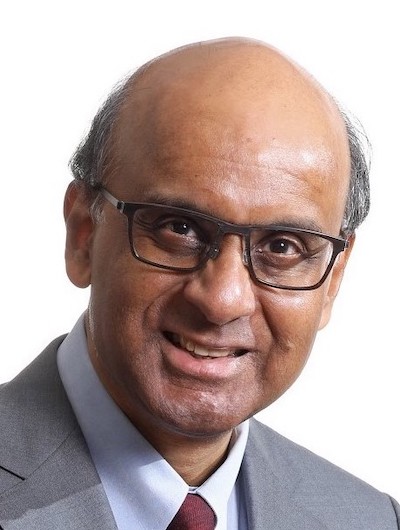
Answer by Mr Tharman Shanmugaratnam, Senior Minister and Minister in charge of MAS:
Following the recent G7 agreement to endorse a global minimum tax rate of 15%, the Inclusive Framework (IF) on Base Erosion and Profit Shifting (or BEPS) has released a statement on a two-pillar solution to address the tax challenges arising from the digitalisation of the economy. One of the proposals is a global minimum tax rate of at least 15%. As at 1 July 2021, 130 countries and jurisdictions, including Singapore, have agreed to the statement. However, the detailed design elements and implementation plan for these new rules have yet to be finalised. Singapore will continue to be actively involved in these international discussions, and will engage the industry as the new rules take shape.
A conducive tax environment in Singapore has been supportive of the growth of our financial sector. However, it is not the decisive factor. A robust regulatory regime, high quality infrastructure, and a skilled workforce, have been far more important.
When there is full international agreement on a global minimum tax rate, the expectation is that a financial institution that is subjected to the global tax rules will be taxed at the same minimum rate regardless of where its activities are located. This means that the non-tax factors that I have mentioned will play an even more significant role in ensuring our financial centre stays competitive. Let me illustrate with some examples.
First, providing a conducive regulatory environment for businesses to grow remains key, especially so for new and innovative activities. A good example is the Payment Services Act, which provides for payment service providers to innovate and grow in Singapore while being regulated in a risk-proportionate manner. We have seen strong interest of more than 400 licence applications since the start of the Act last year. Another example is MAS’ FinTech regulatory sandbox which enables financial institutions and FinTech players to experiment with innovative financial products or services in a live environment but within a well-defined space and duration.
Second, a good infrastructure and ecosystem that enables new activities to scale. For example, in green finance, MAS is actively involved in developing an ASEAN taxonomy which will provide a common language on activities that are considered green and transition. This will catalyse more cross-border financing and investment flows to support the region’s transition to a lower carbon future. In FinTech, MAS has launched an API exchange platform, in partnership with the ASEAN Bankers Association and the International Financial Corporation, that has over the last three years helped more than 500 global FinTechs to connect with over 80 regional and global financial institutions through an online marketplace to co-create innovation solutions.
Third, working closely with the industry to build up skills and capabilities has been among the more unique strengths of our financial sector. It also ensures that Singaporeans are able to benefit from the new jobs created. For example, MAS helps financial institutions build their pipeline of talent through programmes such as the Technology in Finance Immersion Programme.
Ultimately, the continued growth of Singapore’s financial centre depends on how well we connect global markets, support Asia’s development, and serve Singapore’s economy. We also need to stay innovative and agile, in the face of key structural trends like digitalisation and sustainability that are transforming the landscape.
MAS:
- Singapore Central Bank MAS to Increase Investigative Power, Enter Premises without Prior Notice or Court Order
- Singapore Central Bank MAS Reprimands AIA, Prudential and Aviva for Breaching Sales Incentives Requirements
- Singapore Central Bank MAS Allocates $1.8 Billion to 5 Asset Managers for Climate Investments
- Singapore Central Bank MAS New Board of Directors, Ravi Menon Extends Managing Director Role for 2 Years
- SGX, DBS, Standard Chartered & Temasek Launches New Global Exchange for Carbon Credits
- The Future of Capital is Green: Keynote Address by Ravi Menon at IMAS-Bloomberg Investment Conference 2021
- MAS Makes Key Changes to Senior Management Team, Appoints Ho Hern Shin as new Deputy Managing Director
- Hong Kong & Singapore Regulators Warn Investors of Increased Trading Risks Triggered by Social Media & Online Forums
- Singapore Central Bank MAS Appoints Leong Sing Chiong as New Deputy Managing Director to Oversee Markets & Development
More:
- Singapore Central Bank MAS Releases Asset Management Survey 2019
- Singapore Central Bank MAS Announces Initiatives to Support New Interest Rate & Singapore Overnight Rate Average (SORA)
- Singapore Central Bank MAS and IBF Launches Skills Map for Family Office Advisors
About Monetary Authority of Singapore
(MAS)
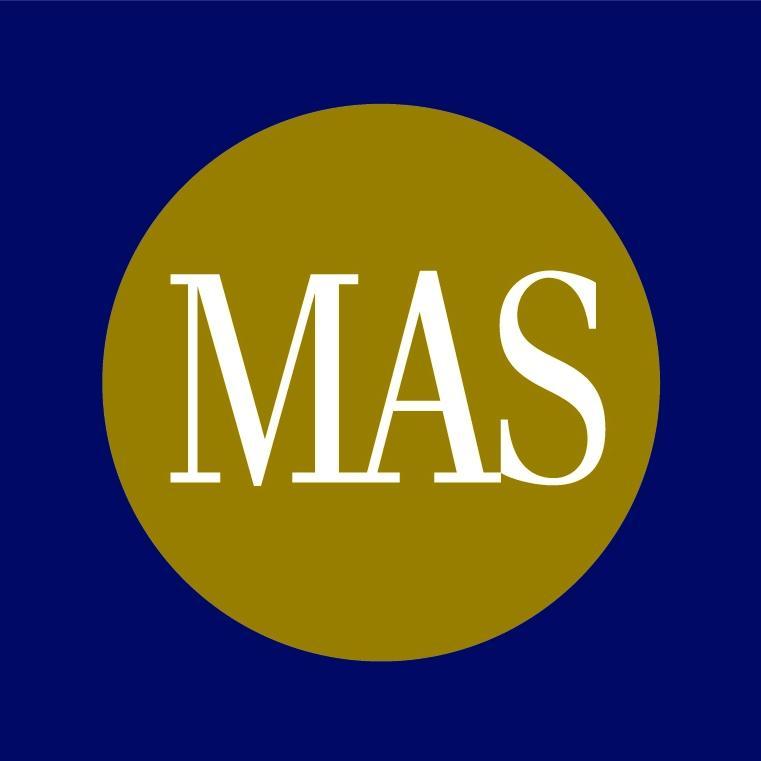
The Monetary Authority of Singapore (MAS) is Singapore’s central bank and integrated financial regulator. The Monetary Authority of Singapore (MAS) promotes sustained, non-inflationary economic growth through appropriate monetary policy formulation and close macroeconomic surveillance of emerging trends and potential vulnerabilities.
As an integrated financial supervisor, MAS fosters a sound financial services sector through its prudential oversight of all financial institutions in Singapore – banks, insurers, capital market intermediaries, financial advisors, and stock exchanges. It is also responsible for well-functioning financial markets, sound conduct, and investor education.
MAS also works with the financial industry to promote Singapore as a dynamic international financial centre. It facilitates the development of infrastructure, adoption of technology, and upgrading of skills in the financial industry.
Visit: Monetary Authority of Singapore
Sign Up / Register
Caproasia Users
- Manage $20 million to $3 billion of assets
- Invest $3 million to $300 million
- Advise institutions, billionaires, UHNWs & HNWs
Caproasia Platforms | 11,000 Investors & Advisors
- Caproasia.com
- Caproasia Access
- Caproasia Events
- The Financial Centre | Find Services
- Membership
- Family Office Circle
- Professional Investor Circle
- Investor Relations Network
Monthly Roundtable & Networking
Family Office Programs
The 2025 Investment Day
- March - Hong Kong
- March - Singapore
- July - Hong Kong
- July - Singapore
- Sept- Hong Kong
- Sept - Singapore
- Oct- Hong Kong
- Nov - Singapore
- Visit: The Investment Day | Register: Click here
Caproasia Summits
- The Institutional Investor Summit
- The Investment / Alternatives Summit
- The Private Wealth Summit
- The Family Office Summit
- The CEO & Entrepreneur Summit
- The Capital Markets Summit
- The ESG / Sustainable Investment Summit








